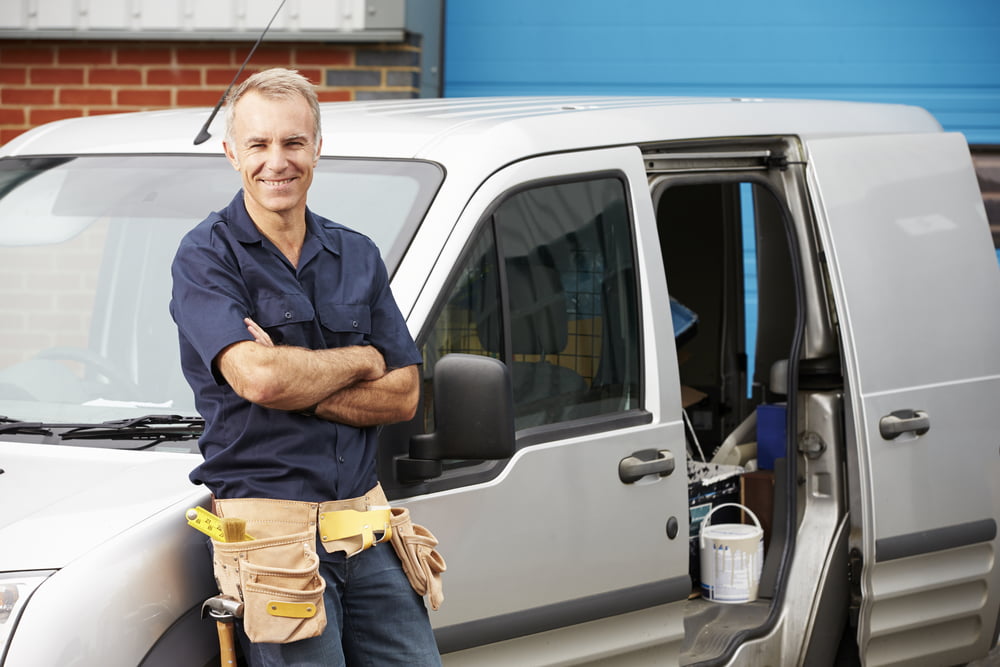You’ve bought a house! Now’s the time to organise a termite inspection and building inspection on your Brisbane property before the sale becomes unconditional.
Ask The Inspector: Do I Need A Pre-Purchase Inspection Done By A Plumber And An Electrician?
You tell your tradie friend about your new property purchase, and they put doubt in your mind about whether you’ve done enough to ensure the property you’re purchasing isn’t a lemon. ‘Shouldn’t you get a plumber and electrician to do a pre-purchase inspection too?’
We share why you may or may not consider these extra pre-purchase inspections for your new property acquisition and why a building inspection is absolutely essential.
The recommended mandatory inspections
It is not strictly mandatory to get a pre-purchase building and termite inspection, however it is your right as the potential new owner to know that the property you’re acquiring is a good investment.
A termite inspection will give a report on the presence of termites in and around the home, as well as the type of barrier in place to prevent a termite infestation. If termites are found to be present in the property, the purchaser has grounds to re-negotiate the price, demand the termites be treated before the sale, or remove their offer on the property.
The same thought process can happen with a pre-purchase building inspection. A building inspector is a trained professional who will have previous building experience to ensure they know what to look for when it comes time to inspect your new property.
A building inspector’s experience gives them the right knowledge and skill to identify a building problem that may not be visible to the general public. When it comes to electrical and plumbing concerns, your building inspector can also identify obvious problems, based on a visual inspection and simple tests, like turning taps or lights on and off. They are not qualified to conduct thorough, invasive tests in these fields.
This checklist shows what a building inspection will include for plumbing and electrical.
Plumbing inspection by building inspector
- Hot water is on the left and cold water is on the right, and when the taps are turned on this flows correctly
- Presence of moisture in cupboards and under waste pipes
- Presence of grates over drains
- Presence of all taps and fixtures in bathrooms, kitchens and laundry
- Check the toilet flushes
- Check the property has a hot water unit.
Electrical inspection by building inspector
- Check the electrical board
- Check for light switches and power outlets
- Will make a note of unusual electrical faults – like the visibility of wires through a wall.
The time when you consider organising a plumbing or electrical inspection is if the building inspector recommends it, or if the potential home owner has concerns they’d like to be put at ease.
For example, older homes can have the potential for more blockages on their sewer line due to tree roots. This type of inspection can’t be done by a building inspector unless they notice a problem with siphonage or if water runs down the drains slowly. A plumber with a camera can inspect the condition of the sewer pipe and investigate what may be causing this issue.
This type of inspection will give the new owner clarity on the possible problems they may inherit when acquiring the property.
If the tree roots have been removed, and the blockage has been cleared, there is no reason for the sale of the property to not go through and the seller has done what is necessary to ensure the plumbing is to a liveable standard. However, the buyer must consider if they are willing to bear the future costs of fixing when the roots grow again or replacing that section of sewer to fix the problem altogether.
A plumber and electrician will advise on a plumbing and electrical inspection, as many new home owners don’t understand the type of inspection carried out by the building inspector.
Plumbers and electricians are licensed trades, and will have a better eye for detail when inspecting their area of trade on a property. They will also have the necessary equipment to conduct those inspections thoroughly.
What a plumber will inspect
A plumbing inspection will check for unusual water fluctuations at the water meter, which may mean there is a hidden leak on the property.
They can check if the existing plumbing is in compliance to current by-laws. Checks will be made on the hot water unit to ensure it’s fitted with a tempering valve to regulate the hot water to 50 degrees Celsius.
A plumber will also check the quality of the down pipes and gutters, while also checking the house has an overflow relief gully (ORG), to ensure a sewerage back up flows outside the home and not inside it.
A plumber will ensure all grates are fitted over drain openings. They will check the hot and cold water are installed in the correct positions at each tap.
They will monitor the temperature from the hot water unit using a thermometer. They will use a torch to check the bottom of floor wastes to ensure a water seal is present. A lack of water seal could mean a blockage on the sewer line.
Everything to do with plumbing and drainage on the property will be investigated thoroughly to ensure they are in working order and comply to plumbing standards.
What an electrician will inspect
Electrical inspections carried out by licensed electricians will check appliances and switches to ensure there are no faults. They will test these to identify potential faults.
Each switch will be checked for safety and that it operates correctly. They can advise on faulty switches and wiring that will need to be fixed before the sale of the house becomes unconditional.
An electrical and plumbing inspection will put your mind at ease. However, they are an extra expense that can add financial pressure when you may already be stretched to achieve your new investment.
An initial outlay for an inspection at the beginning, though, can prevent financial heartache later on when major plumbing and electrical problems are found once you’ve moved into your new home.
If plumbing and electrical problems are found after the purchase of a property, this is not usually the reflection of the building inspector, but simply a lack of knowledge on the type of inspection that has been conducted. A building inspection on your new Brisbane property is important, and these additional checks are available to give you ultimate peace of mind.

